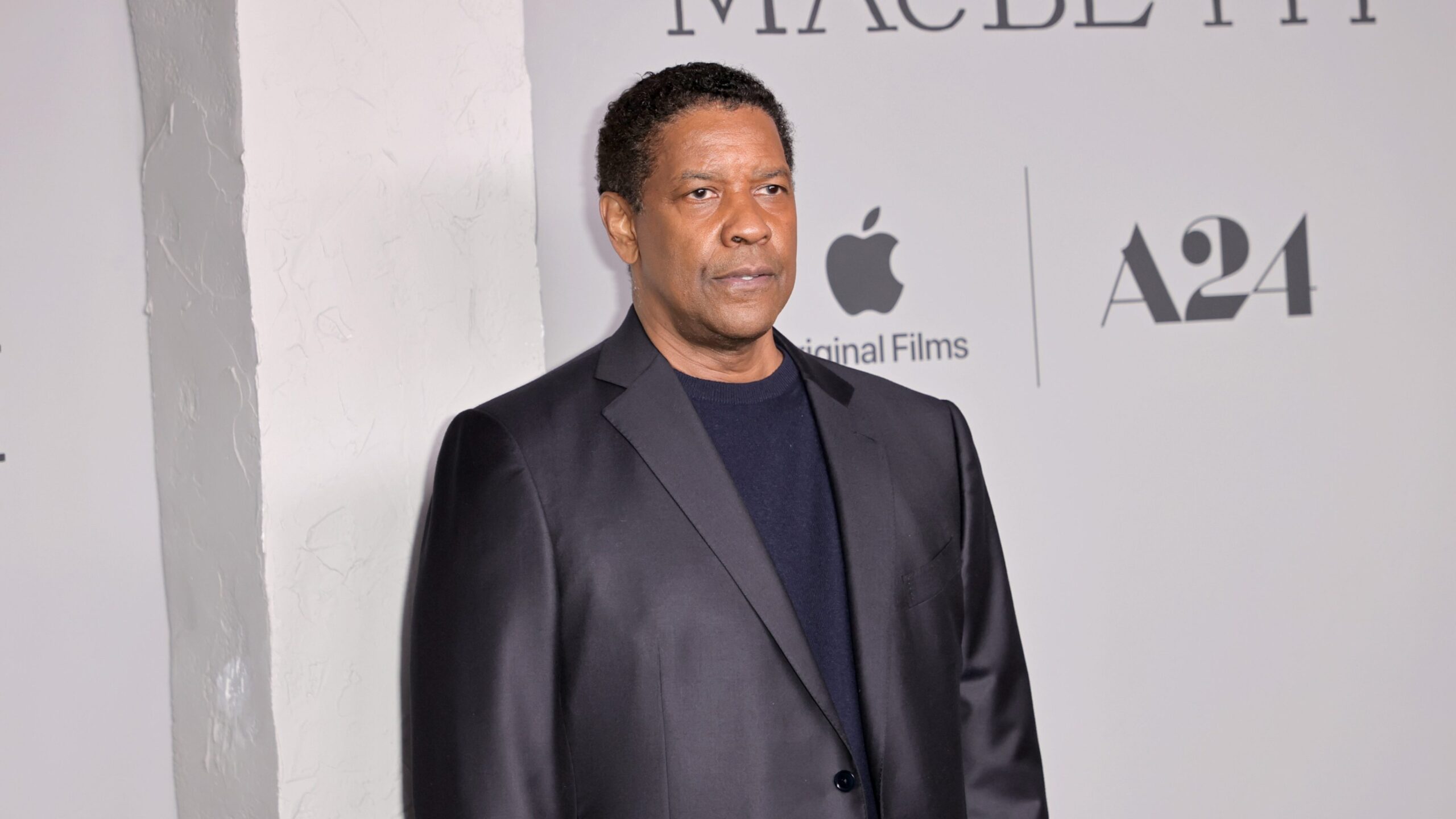The conversation surrounding Tyler Perry and his impact on Black representation in Hollywood has become increasingly nuanced, particularly in light of recent criticisms from prominent figures such as Denzel Washington and Spike Lee. Perry has undeniably built an impressive empire, transforming his personal journey from homelessness to owning a major studio. However, the question remains: at what cost does this success come?
Critics, including Washington, have pointed out that Perry’s films often rely on oversimplified and negative portrayals of Black characters, particularly Black women. This leads to broader discussions about the quality of representation in media. Washington has stated that Perry’s working environment can be challenging, which raises concerns about how these factors contribute to the overall perception of Black storytelling in Hollywood. Denzel’s reluctance to collaborate with Perry is not just a personal preference; it reflects a deeper, systemic issue regarding how Black artists navigate their careers within an industry often resistant to genuine representation.

Spike Lee has been particularly vocal about what he deems “coonery” and “buffoonery” in Perry’s works. He argues that these portrayals reinforce harmful stereotypes, thus limiting the potential for more authentic and complex narratives about Black experiences. His critique invites a broader conversation: why is it that Black filmmakers often feel compelled to navigate a landscape filled with such stereotypes? Lee’s assertion that Black audiences sometimes flock to these portrayals, despite their negative implications, raises uncomfortable questions about internalized views within the community. Are we, as a collective, accepting these distorted images as representations of ourselves simply because they are being produced?
The film industry has long been a space of tension when it comes to race and representation. Comparisons to other ethnic groups in Hollywood reveal a troubling trend: Jewish filmmakers or Italian-American directors rarely face the same level of scrutiny from their communities that Black creators do. This phenomenon suggests a unique pressure on Black artists to uphold a certain standard in their portrayals, which leads to a critical dialogue about the responsibility of artists to their communities.
Denzel Washington’s comments reflect a larger frustration that many in Hollywood feel about Perry’s approach. He implies that while Perry has made strides in terms of economic success, the artistic quality and ethical implications of his storytelling are in question. Washington’s reluctance to work with Perry raises a vital point: does financial success justify the means by which it is achieved? This question resonates deeply within the Black community, where representation often feels like a double-edged sword.
Moreover, the absence of big-name Black actors in Perry’s films is telling. Actors like Idris Elba and Viola Davis, known for their commitment to more nuanced roles, seem to avoid collaborations with Perry, leading many to speculate about a silent boycott. This brings to light the notion that it isn’t just about financial success; it’s about the types of stories being told and how they resonate with both audiences and actors. The disparity in representation is evident, as Perry’s films often sideline the very actors who could bring more depth and authenticity to the roles.
The critique doesn’t end with the actors; it extends to the portrayals of Black women in Perry’s films. Critics argue that Perry often depicts Black women as suffering and trapped in dysfunctional relationships, a troubling trend that perpetuates negative stereotypes. The implications of these portrayals are profound, as they influence how Black women are perceived both within and outside the community. This pattern can lead to damaging consequences for young Black girls who see limited representations of themselves in media.
Perry’s artistic choices, such as his use of humor and melodrama, have sparked debates about authenticity and respect for the audience’s intelligence. Even as some viewers find joy in his stories, others argue that they reflect a narrow and outdated understanding of Black life. The concern is that while Perry has indeed created a successful platform for Black stories, it often comes at the expense of depth and complexity.

The systemic issues in Hollywood are highlighted when discussing Perry’s success. He operates in a landscape where Black voices are still marginalized, leading some to argue that any representation is better than none. However, this perspective can inadvertently allow harmful stereotypes to persist. As the industry evolves, it’s essential for Black filmmakers to push for more diverse narratives that reflect the full spectrum of Black experiences.
The contrast between Perry’s work and that of other filmmakers, such as Spike Lee or John Singleton, underscores the importance of representation that uplifts rather than diminishes. Lee’s films often delve into the complexities of Black identity, showcasing a broader range of experiences that resonate with audiences on a deeper level. This type of storytelling challenges viewers and encourages a richer understanding of Black life.
As the discussion surrounding Tyler Perry’s impact on the Black community continues, it’s clear that this is a critical juncture for filmmakers and audiences alike. The desire for authentic representation is more crucial than ever, as is the need to challenge and uplift the narratives that dominate the screen. While Perry has certainly made his mark, it’s essential for the community to demand stories that reflect the richness, diversity, and complexity of Black life, moving beyond outdated stereotypes to celebrate a fuller spectrum of experiences.
Ultimately, the conversation isn’t just about one filmmaker; it’s about a collective responsibility to ensure that Black stories are told with respect, dignity, and authenticity. The future of Black representation in Hollywood hinges on the courage of filmmakers and audiences to seek out and support narratives that reflect the true essence of the community.